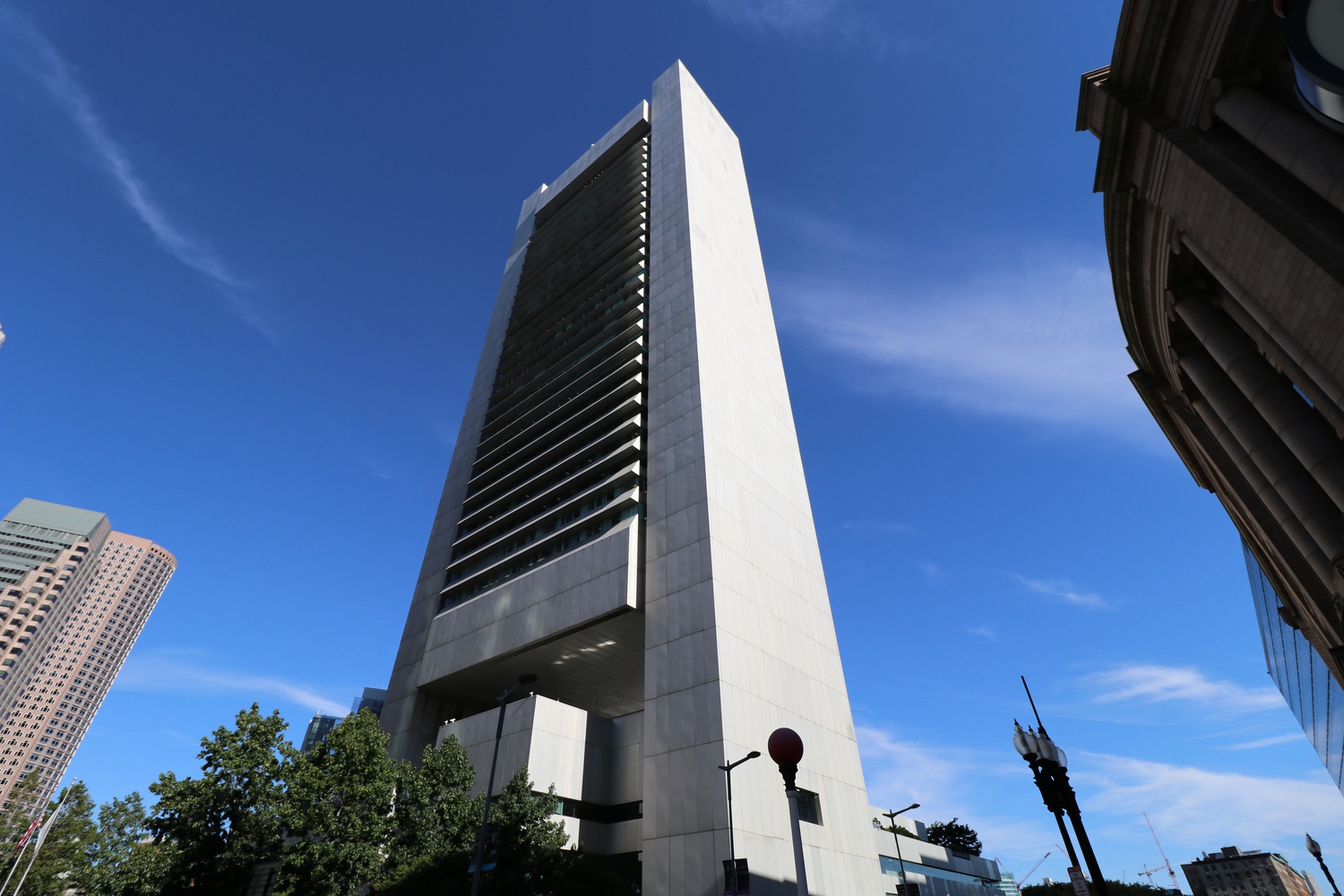
News
News Flash: Memory Shop and Anime Zakka to Open in Harvard Square

News
Harvard Researchers Develop AI-Driven Framework To Study Social Interactions, A Step Forward for Autism Research

News
Harvard Innovation Labs Announces 25 President’s Innovation Challenge Finalists

News
Graduate Student Council To Vote on Meeting Attendance Policy

News
Pop Hits and Politics: At Yardfest, Students Dance to Bedingfield and a Student Band Condemns Trump
Despite Historic Returns, Harvard Endowment Still Trails Ivy League Peers

Though the Harvard Management Company reported record-breaking returns last Thursday, several financial experts said it still lags behind the performance of key financial indices and its peer institutions.
“The returns are good, right? [33.6 percent] sounds awesome.” University of Chicago Finance Professor Steven N. Kaplan ’81 said. “On a relative basis, that’s where it’s not so good. The S&P 500 went up about 40 percent during that period, so [33.6 percent] is less than the S&P 500.”
The endowment rose to $53.2 billion at the close of the fiscal year ending in June 2021, an increase of 33.6 percent. Its value is currently the largest sum in its history.
Kaplan, along with several other financial experts, also noted that Harvard’s endowment returns trailed behind that of Yale, MIT, University of Pennsylvania, among other peer institutions.
Yale’s endowment earned 40.2 percent returns, UPenn’s earned 41.1 percent returns, Dartmouth’s earned 46.5 percent returns, Cornell’s earned 41.9 percent returns, Brown’s earned 51.5 percent returns, and MIT’s earned 55.5 percent returns.
“Harvard is dead last relative to the schools I think it cares about,” Kaplan added, citing the returns of peer institutions that have reported returns for the fiscal year ending in June 2021.
Despite Harvard’s positioning, experts also took note of the driver behind the endowments’ growth: investments in private equity.
In 2021, Harvard’s endowment had 34 percent of its holdings in private equity assets compared to last year’s 23 percent, a significant shift in its investment strategy.
NYU finance professor David L. Yermack ’85, a former Crimson Managing Editor, speculated that Harvard may be allocating more of its private equity assets in more “traditional” leveraged buyouts — a process in which a company uses loans to purchase another company — than in venture capital firms but indicated that the disclosures HMC released last Thursday are “too opaque.”
“There’s one issue with the Harvard data, which is when they say private equity, they are lumping together the traditional private equity — which is really leveraged buyouts — but also venture capital, which is investing in startup firms, and many other schools and institutions will split those out its different asset categories,” Yermack said.
HMC spokesperson Patrick S. McKiernan wrote in an email that, while all asset categories include a variety of investments, the University does not provide further breakdowns of individual asset classes.
John M. Longo, a professor at Rutgers Business School and Chief Investment Officer for the Beacon Trust, said Harvard’s endowment surpassed the return rate of the standard 60-40 stock and bond portfolio benchmark.
“Harvard outperformed by about 9.7 percent, so on that simple measure over a one-year period, I think it did a very good job,” Longo said.
Longo said it is difficult to directly compare the performance of Harvard’s endowment with those of peer institutions since HMC and its counterparts do not typically provide a detailed account of their strategy behind risk-taking.
“You can’t make a strong comparison unless you know what risk the other endowments are taking,” Longo said.
Kaplan added that hedge funds and fixed-income investments tend to underperform in years with strong market performance since they are not designed to be directly correlated to the stock market.
Though the recovery from Covid-19 aided the endowments’ strong performance last fiscal year, the stock market has not continued along with this trend in the present fiscal year, per Kaplan. The stock market has increased roughly 5 percent this year, compared to 40 percent last year.
“So you would expect that endowments are going to be up about 5 percent, if nothing changes, as of today,” Kaplan said.
Thomas D. Parker ’64 — a senior associate at the Institute for Higher Education Policy — pointed out the “cautious approach” to the University’s presentation of its returns and its choice to emphasize the “fragility of the investment world.”
“They were so very careful to remind everybody that this is an exceptional year, that the markets, no matter which kind of market you're talking about, go up and down,” Parker said. “I think it detracts some of the attention from the fact that the Harvard returns still weren’t as good as many of the so-called competitors.”
Parker acknowledged that endowments tend to emphasize performance over longer periods of time, rather than single-year returns.
“It’s true, it’s not a one-year contest. It’s not, let’s see who’s the best at the end of the year, and winner takes all,” he added.
—Staff writer Virginia L. Ma can be reached at virginia.ma@thecrimson.com.
—Staff writer Kevin A. Simauchi can be reached at kevin.simauchi@thecrimson.com. Follow him on Twitter @Simauchi.
Want to keep up with breaking news? Subscribe to our email newsletter.
